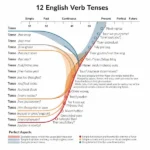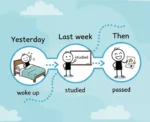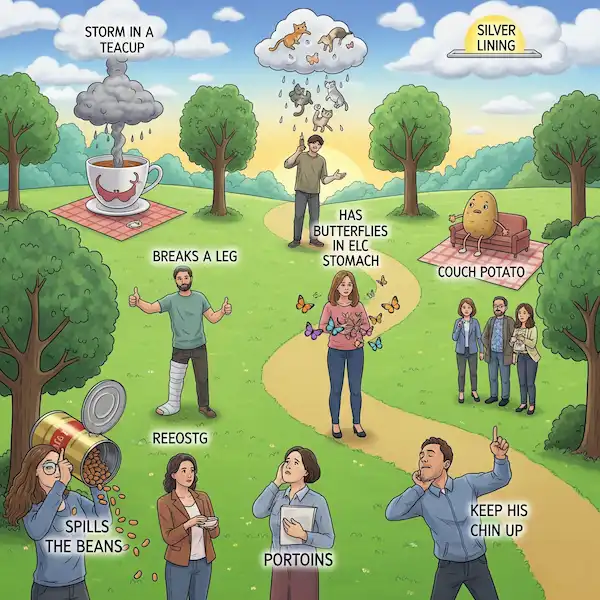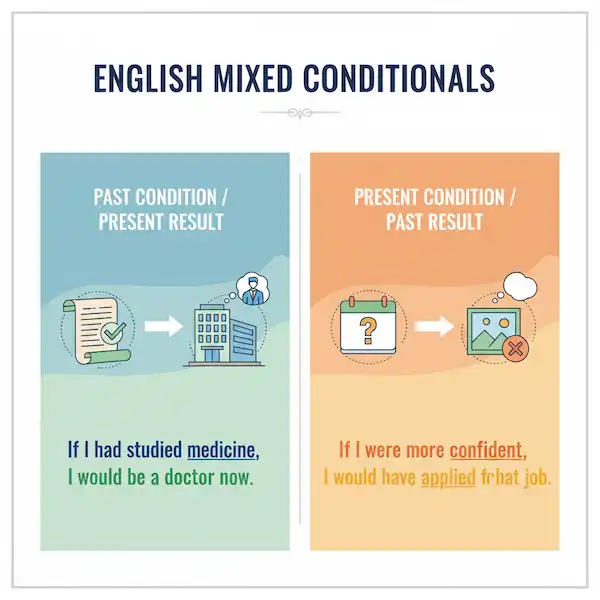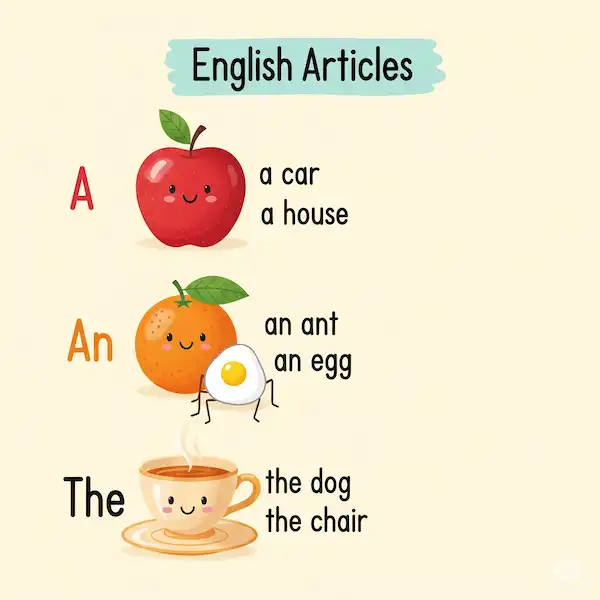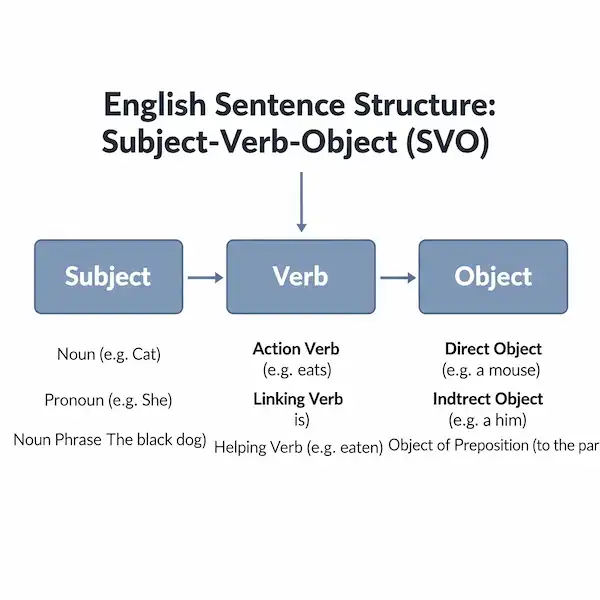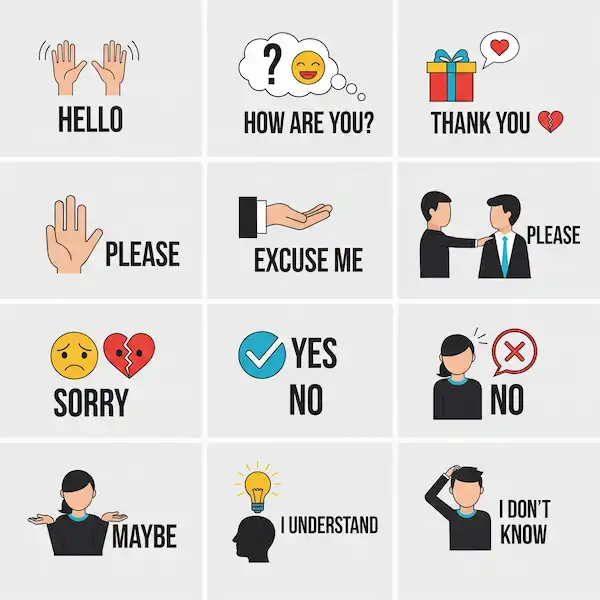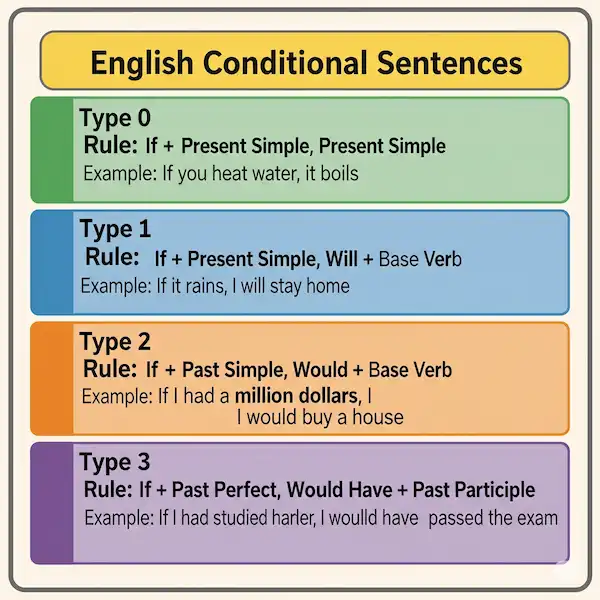Reported Speech: How to Quote What Someone Else Said 🗣️
Have you ever wanted to tell someone what another person said? That’s where reported speech, also known as indirect speech, comes in handy! It allows us to convey the message of someone else without using their exact words. This article will guide you through the rules of reported speech in English, with plenty of examples and helpful tips.
What is Reported Speech? 🤔
When we use reported speech, we are essentially summarizing or paraphrasing what someone has said. This means we usually need to make some changes to the original sentence, such as:
- Verb tense changes: The tense of the verb in the reported clause often shifts backward.
- Pronoun changes: Pronouns might need to be changed to reflect the new speaker and listener.
- Time and place expressions: Words like “now,” “here,” “yesterday,” might need to be adjusted based on the new context.
- Reporting verbs: We use verbs like “said,” “told,” “asked,” “explained,” to introduce the reported speech.
Let’s look at a simple example:
Direct Speech: She said, “I am tired.” Reported Speech: She said that she was tired.
Notice how “I” changed to “she,” and “am” changed to “was.”
Basic Rules of Reported Speech ⚙️
Here’s a breakdown of the common changes we make when converting direct speech to reported speech.
1. Verb Tense Changes 🕰️
Generally, when the reporting verb (e.g., “said”) is in the past simple, the verb in the reported clause moves one step back in tense:
| Direct Speech (Present Tense) | Reported Speech (Past Tense) | Example |
| Present Simple (I play) | Past Simple (He played) | Direct: He said, “I play football.” <br> Reported: He said that he played football. |
| Present Continuous (I am playing) | Past Continuous (He was playing) | Direct: She said, “I am playing music.” <br> Reported: She said that she was playing music. |
| Present Perfect (I have finished) | Past Perfect (He had finished) | Direct: They said, “We have finished our work.” <br> Reported: They said that they had finished their work. |
| Past Simple (I played) | Past Perfect (He had played) | Direct: He said, “I played the piano.” <br> Reported: He said that he had played the piano. |
| Past Continuous (I was playing) | Past Perfect Continuous (He had been playing) | Direct: She said, “I was playing video games.” <br> Reported: She said that she had been playing video games. |
| Future Simple (I will go) | Conditional (He would go) | Direct: He said, “I will go to the market.” <br> Reported: He said that he would go to the market. |
| Future Continuous (I will be traveling) | Conditional Continuous (He would be traveling) | Direct: She said, “I will be traveling next week.” <br> Reported: She said that she would be traveling the following week. |
Important Notes:
- If the reporting verb is in the present simple (e.g., “He says”), the tense in the reported clause usually does not change.
- Direct: He says, “I am busy.”
- Reported: He says that he is busy.
- If the statement in direct speech is a universal truth or a fact that is still true, the tense usually does not change.
- Direct: She said, “The sun rises in the east.”
- Reported: She said that the sun rises in the east.
2. Pronoun Changes 👤
Pronouns often need to change to match the perspective of the reported speech:
| Direct Speech | Reported Speech (Example) |
| I | he/she |
| we | they |
| my | his/her |
| our | their |
| you | I/he/she/they (depending on context) |
Example:
Direct: He told me, “You are a good student.” Reported: He told me that I was a good student.
3. Time and Place Expressions 📍
Words that refer to time and place may need to be adjusted to reflect the new time and location of the reported speech:
| Direct Speech | Reported Speech |
| now | then |
| today | that day |
| yesterday | the day before |
| tomorrow | the next day / the following day |
| here | there |
| this | that |
| these | those |
| ago | before |
Example:
Direct: She said, “I will see you here tomorrow.” Reported: She said that she would see me there the next day.
Reporting Questions ❓
When reporting questions, there are a few key differences:
- We use reporting verbs like “asked,” “wanted to know,” “inquired.”
- The word order changes to a statement form (subject + verb).
- We use “if” or “whether” for yes/no questions.
- We use the question word (what, where, who, why, how) for wh-questions.
Yes/No Questions:
Direct: He asked, “Are you tired?” Reported: He asked if I was tired. / He wanted to know whether I was tired.
Wh- Questions:
Direct: She asked, “Where are you going?” Reported: She asked where I was going.
Chart Summarizing Changes in Reported Questions:
| Direct Question | Reported Question |
| “Are you busy?” | He asked if I was busy. |
| “What time is it?” | She asked what time it was. |
| “Did you go to the cinema?” | They inquired whether I had gone to the cinema. |
| “Why are you laughing?” | He wanted to know why I was laughing. |
Reporting Commands and Requests ❗
When reporting commands and requests, we usually use verbs like “told,” “ordered,” “asked,” “requested” followed by “to + infinitive.”
Commands:
Direct: The teacher said, “Open your books.” Reported: The teacher told us to open our books.
Requests:
Direct: He said, “Please help me.” Reported: He asked me to help him.
Reporting Verbs: Choosing the Right Word 💬
The reporting verb you choose can add extra meaning to the reported speech. Here are some common reporting verbs and their uses:
- Said, told: General reporting of a statement. (“He said that he was happy.” “She told me that she would call.”)
- Asked, inquired, wanted to know: Reporting questions. (“He asked what the time was.” “She inquired whether I had finished.”)
- Ordered, commanded: Reporting instructions with authority. (“The officer ordered the soldiers to advance.”)
- Requested, begged, pleaded: Reporting polite requests or strong appeals. (“She requested him to be quiet.” “He begged them not to leave.”)
- Advised, suggested, recommended: Reporting suggestions. (“She advised me to study hard.” “He suggested going to the beach.”)
- Explained, stated, mentioned: Reporting with more detail or formality. (“He explained that the train was delayed.” “She stated that she disagreed.”)
- Promised, threatened, warned: Reporting future actions or potential consequences. (“He promised that he would be on time.” “She warned them not to go near the cliff.”)
Additional Helpful Content for EAAT Students 🌍
For English for Academic and Professional Purposes (EAPP) and those using English in their careers, mastering reported speech is crucial for:
- Summarizing information from meetings and discussions: You’ll often need to report what different people said during a meeting.
- Referencing research and sources: When writing academic papers, you’ll use reported speech to cite the findings and opinions of other researchers.
- Communicating effectively in international contexts: Understanding reported speech helps in interpreting and conveying information accurately across different cultures and languages.
- Professional correspondence: You might need to report conversations or agreements made in emails or phone calls.
Example in an Academic Context:
Original Statement (from a research paper): “Our findings indicate a significant correlation between exercise and reduced stress levels.”
Using Reported Speech in your essay: The researchers stated that their findings indicated a significant correlation between exercise and reduced stress levels.
Example in a Professional Context:
Original Statement (from a colleague): “I will finish the report by Friday.”
Using Reported Speech in an email: During our meeting, Sarah mentioned that she would finish the report by Friday.
Practice Makes Perfect! 💪
Understanding the rules of reported speech takes practice. Try converting direct speech sentences you hear or read into reported speech. Pay attention to the changes in verb tenses, pronouns, and time/place expressions. The more you practice, the more natural it will become!
Here is a PDF worksheet with practice sentences about using reported speech. The answers are on a separate page.
We hope this article has helped you understand reported speech better. Keep practicing, and you’ll become a confident communicator in English! 😊
Additional Helpful Content
- Learn the differences between British and American English – British vs American English: More Than an Accent
External Links for Further Learning 🔗
- British Council – Reported Speech: https://learnenglish.britishcouncil.org/grammar/english-grammar-reference/reported-speech
- Grammarly – Indirect Speech (Reported Speech): https://www.grammarly.com/blog/indirect-speech/
- EF English Live – What is Reported Speech?: https://englishlive.ef.com/blog/english-grammar/what-is-reported-speech/

